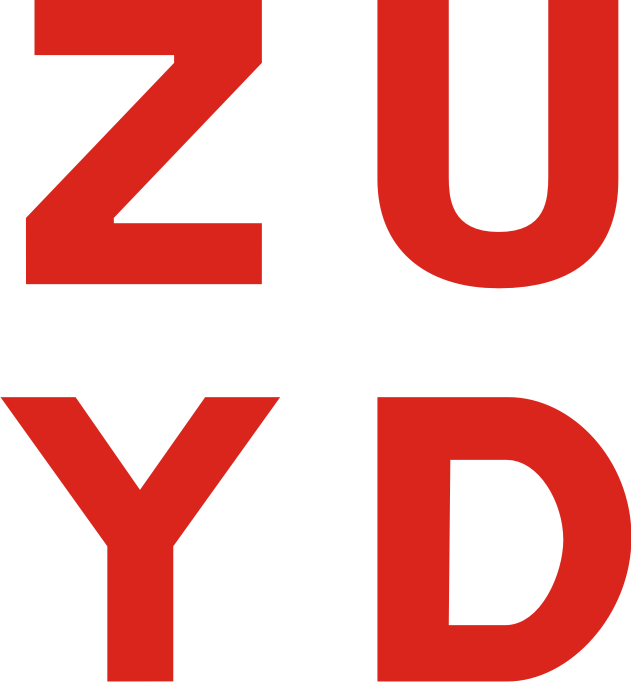Assessing Improvement in Quality of Life and Patient Satisfaction following Body Contouring Surgery in Patients with Massive Weight Loss: A Critical Review of Outcome Measures Employed
- Authors:
- Jabir, S.
- Abstract:
- Body contouring following massive weight loss is a rapidly expanding field in plastic surgery. However, healthcare payers are reluctant to fund such procedures, viewing them as purely cosmetic. This has resulted in a flurry of studies assessing quality of life (QoL) and patient satisfaction following body contouring surgery in this cohort of patients to establish an evidence base to support the idea that body contouring is as much (or even more) a functional procedure as it is cosmetic. However, the methods employed in these studies are seldom ideal, and hence the conclusions are unreliable. The gold standard to assess QoL and patient satisfaction is to use patient specific psychometrically validated patient reported outcome (PRO) measures. Developing such measures consists of a three-step process which includes a review of the current literature, qualitative patient interviews to determine what patients consider the most important, and expert opinion. This study aims to appraise the currently available literature on assessment of QoL and patient satisfaction in body contouring surgery patients. This will hopefully provide an understanding of methodological weaknesses in current studies and inform future investigators of the design of ideal instruments for assessing QoL and patient satisfaction in body contouring patients.
- DOI:
- 10.1155/2013/515737
- URL:
- https://www.ncbi.nlm.nih.gov/pubmed/23936646
- Journal:
- Plast Surg Int
- issn:
- 2090-1461 (Print)
- Publication year:
- 2013
- pages:
- 515737
- Symptom status:
- Cognitive/mental state
Emotional state - Overall quality of life:
- Overall quality of life
- Age:
- Adults (18-65)
Seniors (65+) - Disease:
- Codes for special purposes
Diseases of and symptoms related to the skin and subcutaneous tissue
Endocrine, nutritional and metabolic diseases and related symptoms - PRO / non-PRO:
- Non-patient Reported Outcome
Patient Reported Outcome - Type of measurement instrument:
- 1 - Questionnaires
2 - Interviews
6 - Clinical rating scales - Instrument:
- AODS - Adaptive Operationalized Diagnostic Scale
BDI - Beck Depression Inventory (versions: mBDI; BDI-Y; BDI-SF)
BIA - Body Image Assessment (versions: Pictorial BIA; Current BIA)
BISA - Body image and satisfaction assessment
Body Perception Questionnaire
BUT - Body Uneasiness Test
GSC - general self-consciousness of appearance
HADS - Hospital Anxiety and Depression Scale |
| 
HR-QoL - Health related quality of life
LSQ - Life Satisfaction Questionnaire
OPSQ - Obesity Psychosocial State Questionnaire
PBSQoL - The postbariatric surgery quality of life survey
SBSC - sexual and bodily self-consciousness of appearance
SF-36 - 36-item Short Form Health Survey [alias: RAND-36][alias: MOS SF-36]] (versions: VSF-36 LoA - Visual Version of the SF-36 Limitations of Physical Activities domain; VR-36 - Veterans SF-36) |
|  | also see: database.cosmin.nl
| also see: database.cosmin.nl
SSC - social self-consciousness of appearance
Strauss and Appelt’s Questionnaire for assessing one’s own body